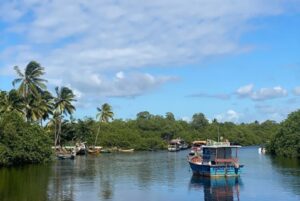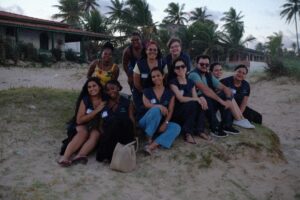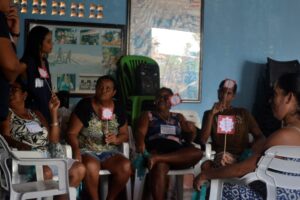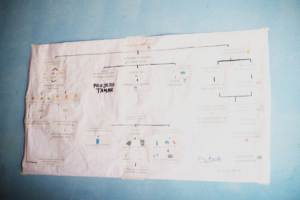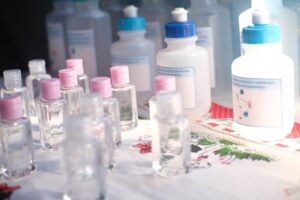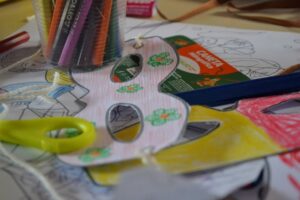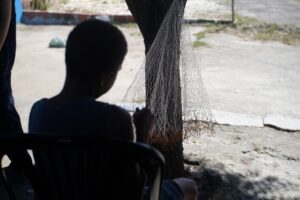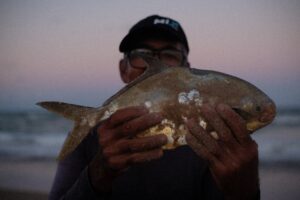Embarking on a journey as a research fellow with FHI 360’s Total Quality Leadership and Accountability (TQLA) team has been full of learning. As the research lead for the qualitative analysis of TQLA’s impact over the years, I have uncovered not only the transformative power of their work but also the wide array of skills I continue to gather for my future endeavors.
Before delving into the invaluable skills I have gained, let me provide some context. FHI 360’s TQLA framework is a transformative and innovative managerial strategy in global health, championing quality improvement and accountability in HIV programs in several countries globally. My task over the year is to supplement TQLA’s quantitative evaluation by assessing the qualitative impact of TQLA’s work, a responsibility that comes with great anticipation and many opportunities to learn as an early career professional in global public health work.
First, I have had the opportunity to sharpen my data analysis skills. This includes developing a comprehensive interview guide for staff at all levels of the TQLA team. This process involved several iterations and that for me foreshadowed the needed patience in developing valuable and sustainable tools for assessing public health impact. Additionally, I quickly learned the importance of effective communication. I needed to collaborate with colleagues in Nigeria to ensure the analysis aligned with TQLA’s goals. The ability to convey the goals and objectives of our mixed-methods approach in a clear and concise manner is a skill that will undoubtedly serve me well in future projects. Being a point person for such a substantial project continues to teach me the art and science of project management. I continue to hone my ability to organize and execute projects efficiently.
FHI 360 prioritizes the professional growth and development of its employees. Through training programs, mentorship opportunities, and access to a wealth of resources, I have been able to further enhance my skills and knowledge, which will undoubtedly benefit my future career in public health. This summer, I had the opportunity to chat with FHI’s Chief Operating Officer, who shared career insights and encouraged me to build relationships over the year. Additionally, FHI organized a workshop for all interns and fellows that discussed what development work looks like and the skills in high demand. To put this into practice while I am on the team and to leverage my skills for my project, I am currently enrolled in a Project Management course sponsored by FHI.
My practicum was just the beginning of what I believe will be a year full of worthwhile challenges as I continue to build relevant skills. Onwards and Upwards!
Acknowledgements: Thank you to my team in Nigeria, especially Dr. Charles Odima for your support on this project.
-Sena Kpodzro

